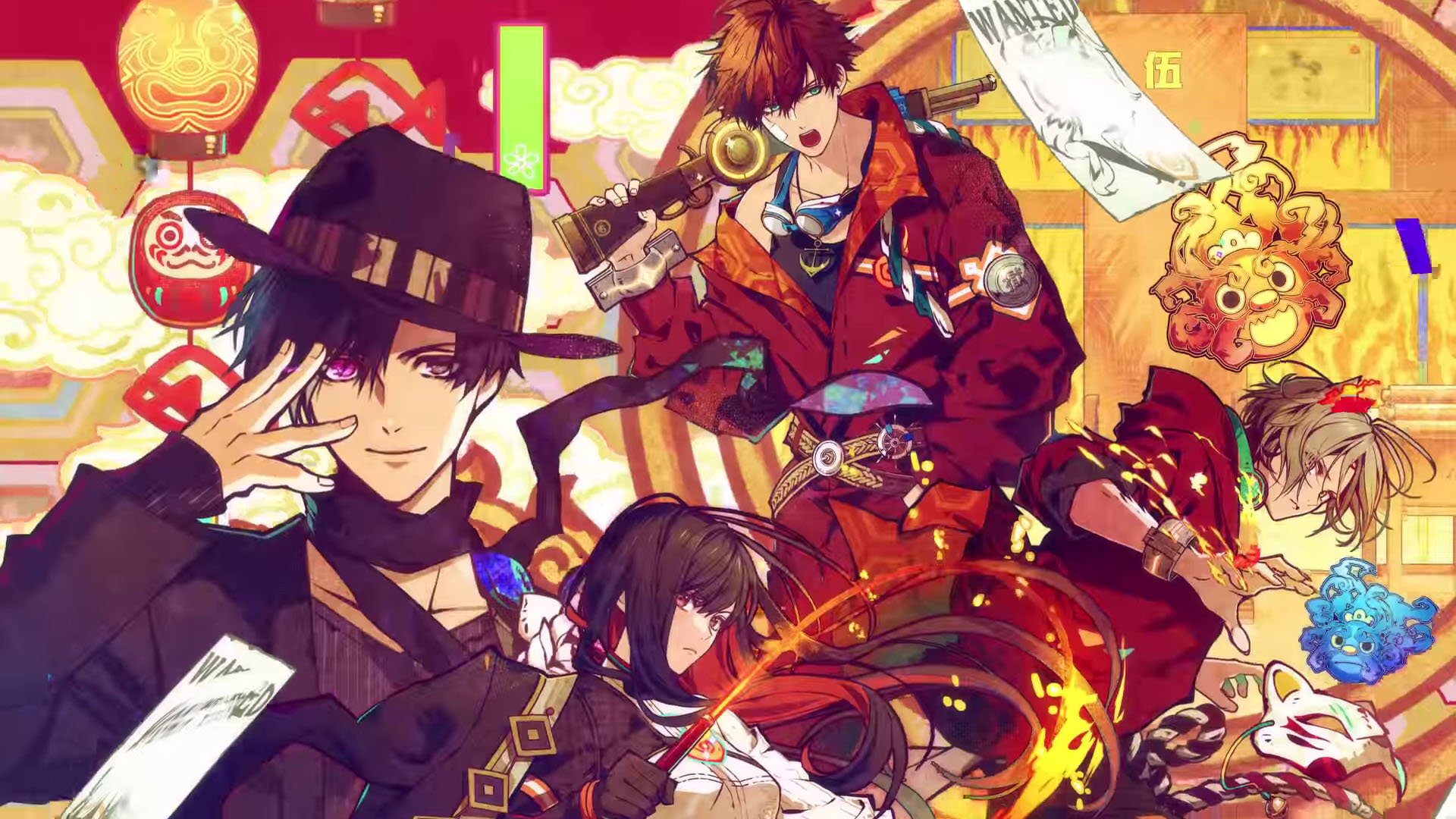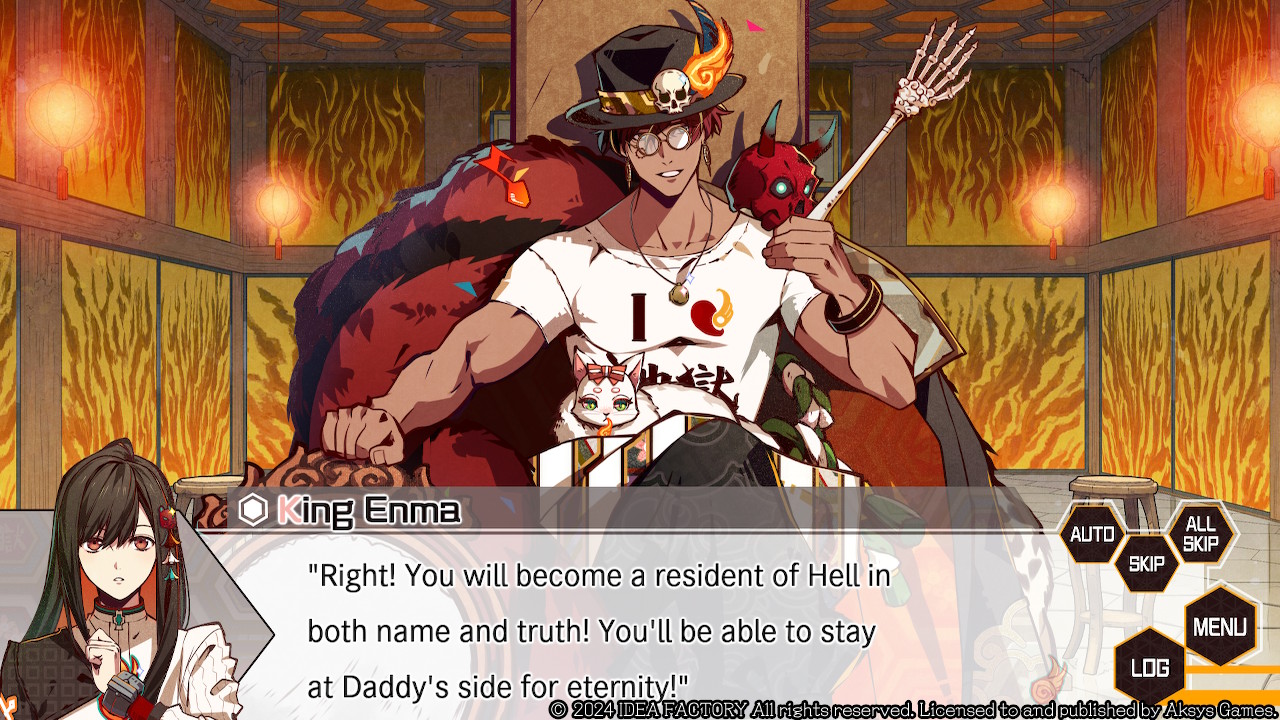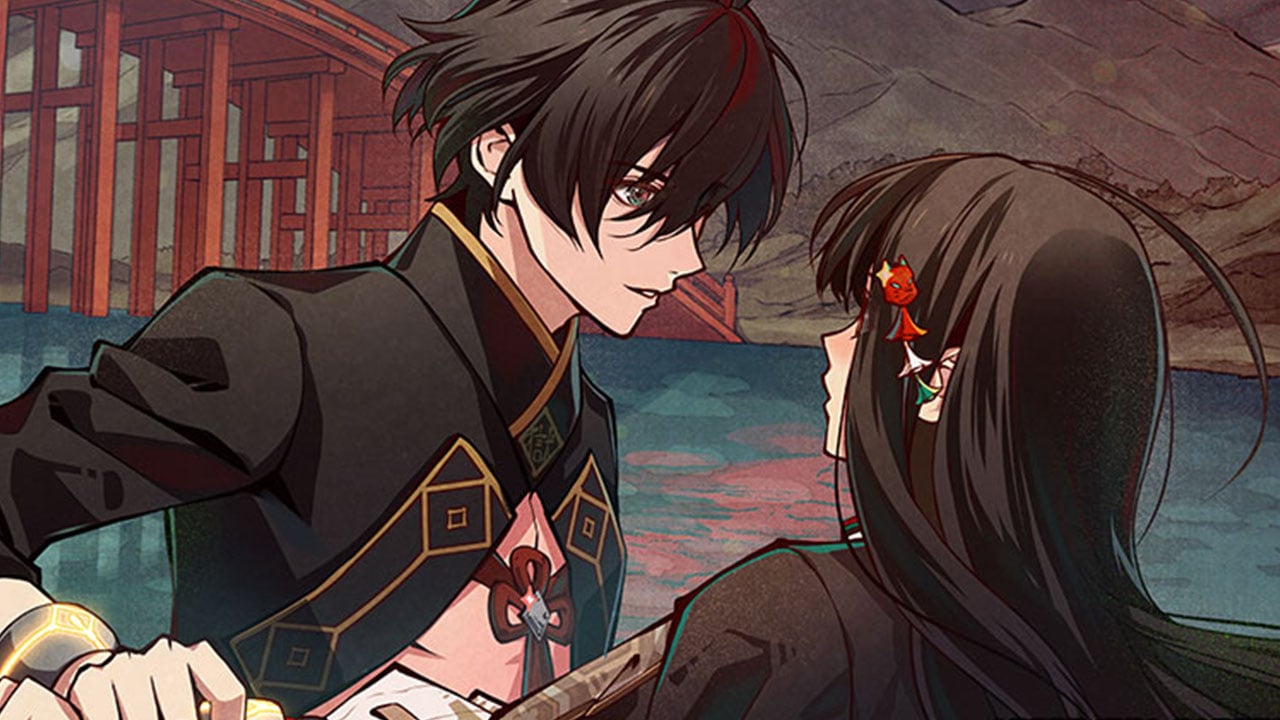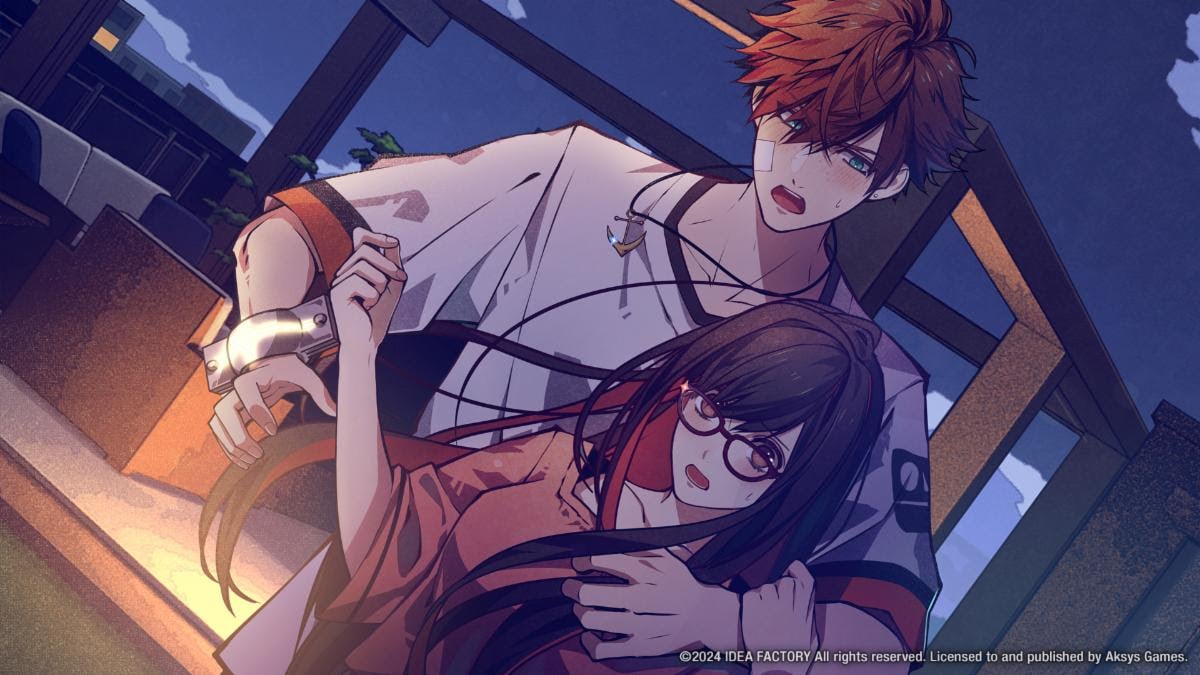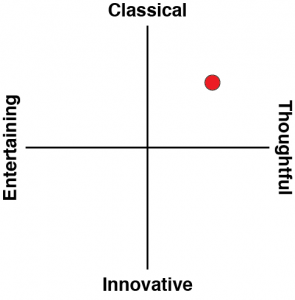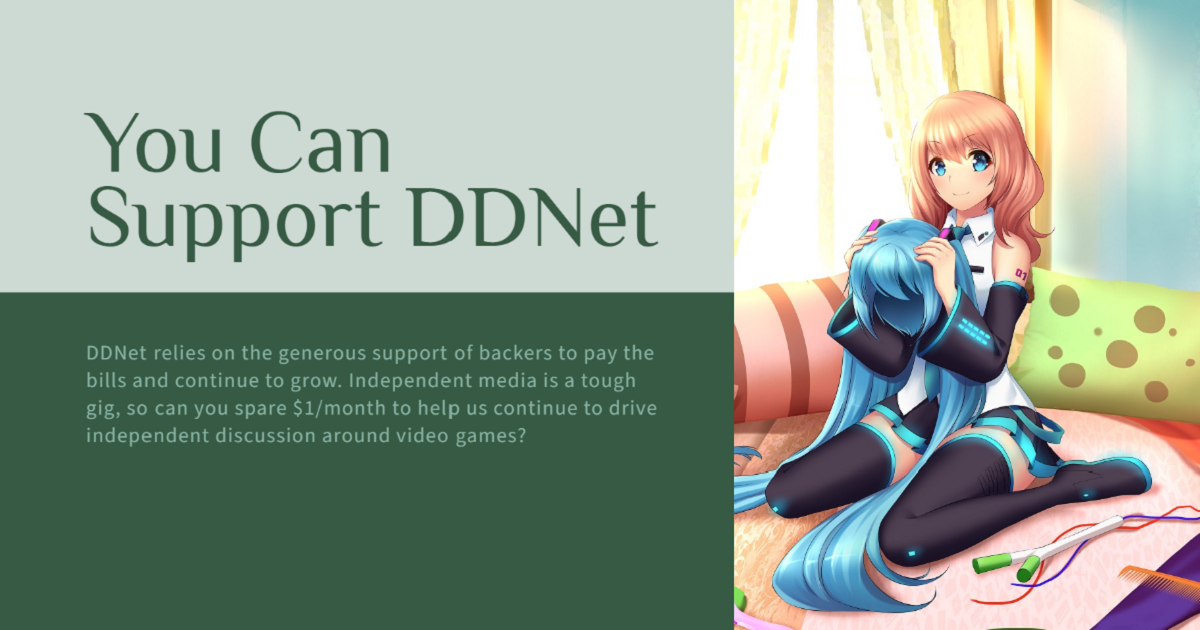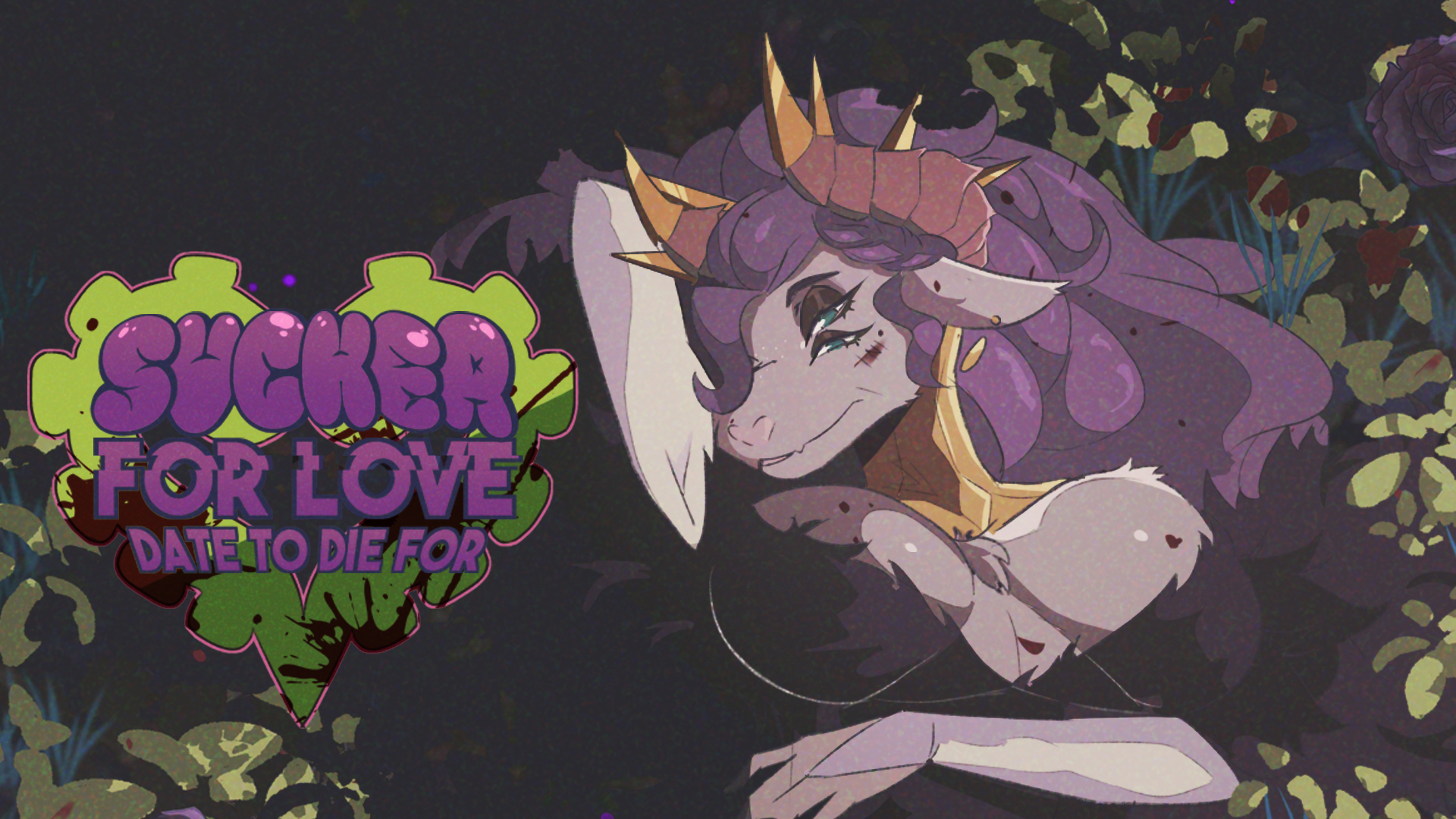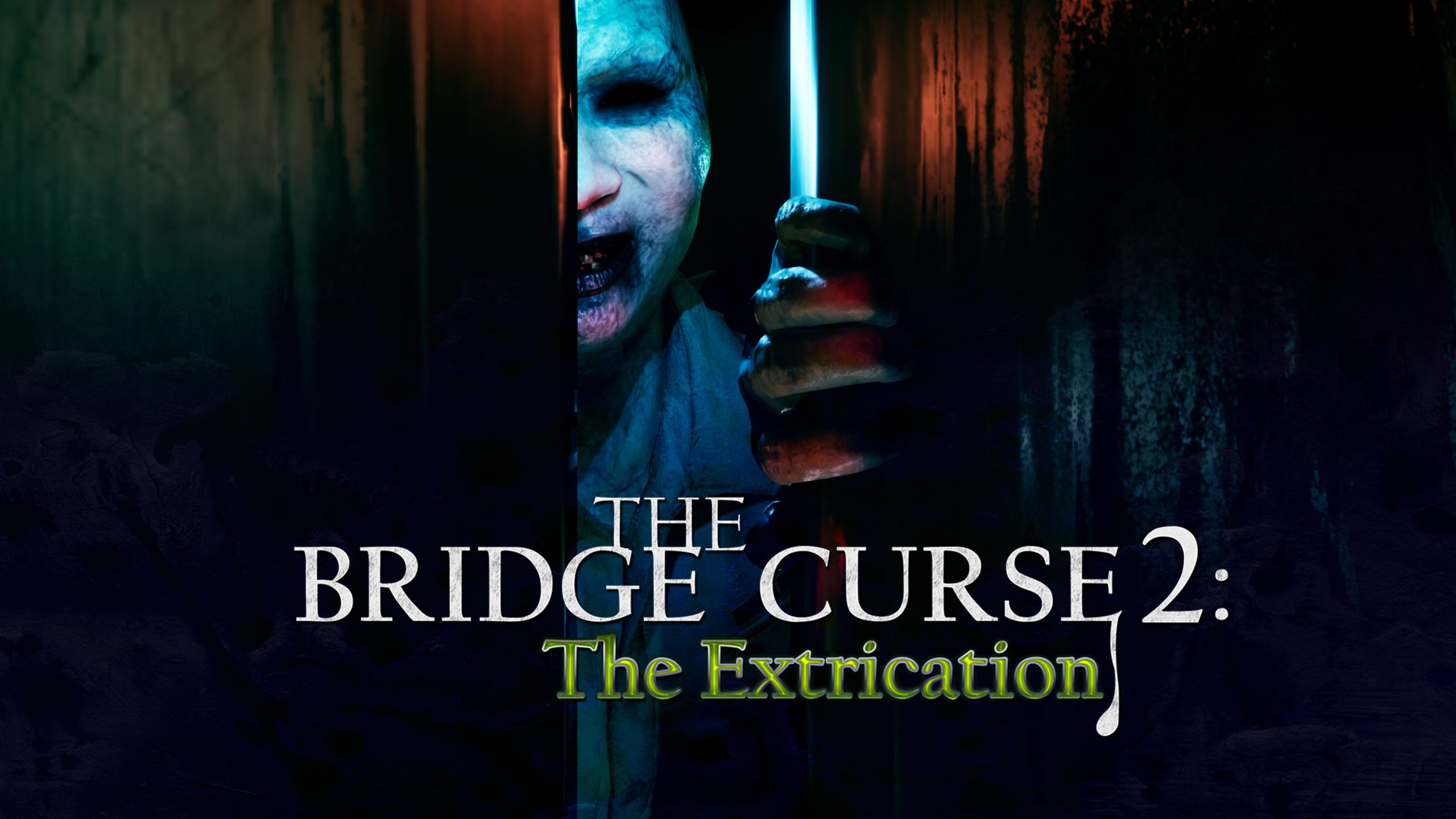With the same creative team behind it as Olympia Soiree, Tengoku Struggle: Strayside was always going to be an interesting visual novel. As it turns out, it’s going to be particularly interesting for people that are students of Japanese historical figures and spirituality, and perhaps a little befuddling for those that are not. With that being said, its core thematic message is universal and, these days, quite urgent. It also blends humour, romance and action together in a beautifully eclectic and different way, and overall will be one of the more different visual novels that you play this year.
As an otome, Tengoku Struggle contains more action and than you might be expecting, but then balances it out with the usual style that you might expect from the genre (i.e. there are plenty of scenes with very pretty men vying for the attention of the beautiful woman in the middle of them). The combat and the otome stuff are both less interesting features than the setting and themes of the game, however. In Tengoku Struggle, the protagonist is a certain Rin Enma, and she is the adopted daughter of the king of the underworld. This is a very Japanese underworld, but it’s similar in enough ways to the western concept of hell. People are judged and punished for eternity, generally in a very ironic manner.
But this isn’t Dante’s Inferno, and the visual novel is not designed as a trip through this particular hell. Rather, Rin is also the (adopted) daughter of the King of the Underworld, and she has complete amnesia about the events of her life. Said king decides to send her and a couple of souls-under-punishment on a mission to the living world to capture some escapees… and perhaps learn a little about herself in the process.
By the end of the game, if you’re paying attention, you’re going to be left a lot to think about. For example, there’s plenty of musing on the idea of mortality and living a good life. But that’s just the surface. What Tengoku Struggle really wants to dig into is the deeper thinking around its moral messaging. As one character says at one point, humans are very good at insisting that their view of goodness and justice is so correct that it should be imposed on others, and that tends to be the source of a lot of conflict in the world.
Or to put it another way, the game, broadly speaking, makes a case for moral relativism. This, more than the presence of historical characters and the use of Japanese spirituality, is going to throw certain audiences in the West a bit, as culturally we tend to think about morality in much more absolute terms (i.e. Western morality is the only rightful one). In Tengoku Struggle, that’s initially the view of Rin. Filled with righteous fury, she is fully prepared to dole out justice on behalf of her daddy, simply because, as sinners, these people inherently deserve such treatment.
She’s presented as rather naïve to think that. To quote ol’ mate, Marquis de Sade, “Believe me, Eugenie, the words “vice” and “virtue” supply us only with local meanings. There is no action, however bizarre you may picture it, that is truly criminal; or one that can really be called virtuous. Everything depends on our customs and on the climates we live in. What is considered a crime here is often a virtue a few hundred leagues away; and the virtues of another hemisphere might, quite conversely, be regarded as crimes among us. There is no atrocity that hasn’t been deified, no virtue that hasn’t been stigmatised.” Replace “Eugenie” with “Rin,” and you’ve effectively got the kind of message that the game wants to pass on to players via its protagonist.
Ultimately, what Tengoku Struggle is arguing, as we slowly learn what all the “sinners” around Rin are prisoners of hell for, is that really their crimes come down to a matter of perspective. This is an effective technique for keeping the mystery and surprises coming – each character is an enigma for the longest time as we know they’ve done something and need to know what in order to fully understand them. In addition to being compelling characterisation, it is also a thought-provoking and, hopefully for some, challenging concept to consider against their own assumptions and outlook on life.
Of course, it’s not all serious. Tengoku Struggle contains plenty of both humour and romance. It might be hard to connect with at first, but you will get there. Rin starts out as a misandrist, repeating how much she hates men like it’s a mantra. The four prisoner boys that she’s given to help her in her mission are, meanwhile, misogynists. Not only do they say they hate women, though, they throw in some truly nasty things and from the first couple of hours of the game I was concerned that I was going to be able to put up with any of them. Even when one of them was Goemon Ishikawa, my favourite “Robin Hood” from Japanese legend.
Thankfully the barriers start breaking down and eventually these characters warm up to one another and chill on the hatred. Tengoku Struggle is quite lengthy (the opening chapter before you even get to the “character select” screen to follow one of the romance routes is around eight hours), but the banter between the characters is lively and the pacing ends up being very good.
The game also has a habit of leading players down a bit of a rabbit hole thanks to its real history connections. Not every character is drawn from a real personality, but many are, and I went into the game only knowing anything about Ishikawa. I subsequently had a lot of fun researching some of the other names, because their characters in the game are heavily modeled on the real persona and the stories around them. Knowing that the guy that descends into hell every night to help judge the souls of the dead was based on the legends of a real person gives Tengoku Struggle some excellent additional context and cultural poignancy.
Outside of the narrative, Tengoku Struggle has all the same qualities that you’d expect from an Otomate visual novel. The art and character designs are every bit as gorgeous as they were in Olympia Soiree, with the same hand-drawn impression that gives them a more artful, picture book look than in many other visual novels. The music is a little backgrounded, but helps to relax the mind to settle in for a long read, and the localisation by Aksys is of a typically high standard.
Tengoku Struggle: Strayside is an intelligent and well-argued visual novel that has a worthwhile point to make. In a world that is steadily losing tolerance and becoming more extreme in the process, a gentle reminder that perspectives do differ and absolutes are rarely as cut-and-dry as they seem is a worthwhile message. While the game does assume that its audience is Japanese, and some of the cultural quirks and historical personas might throw players, the heart and soul of the game translates beautifully.
(By using this link, you support DigitallyDownloaded.net, which earns a small commission on each sale)
